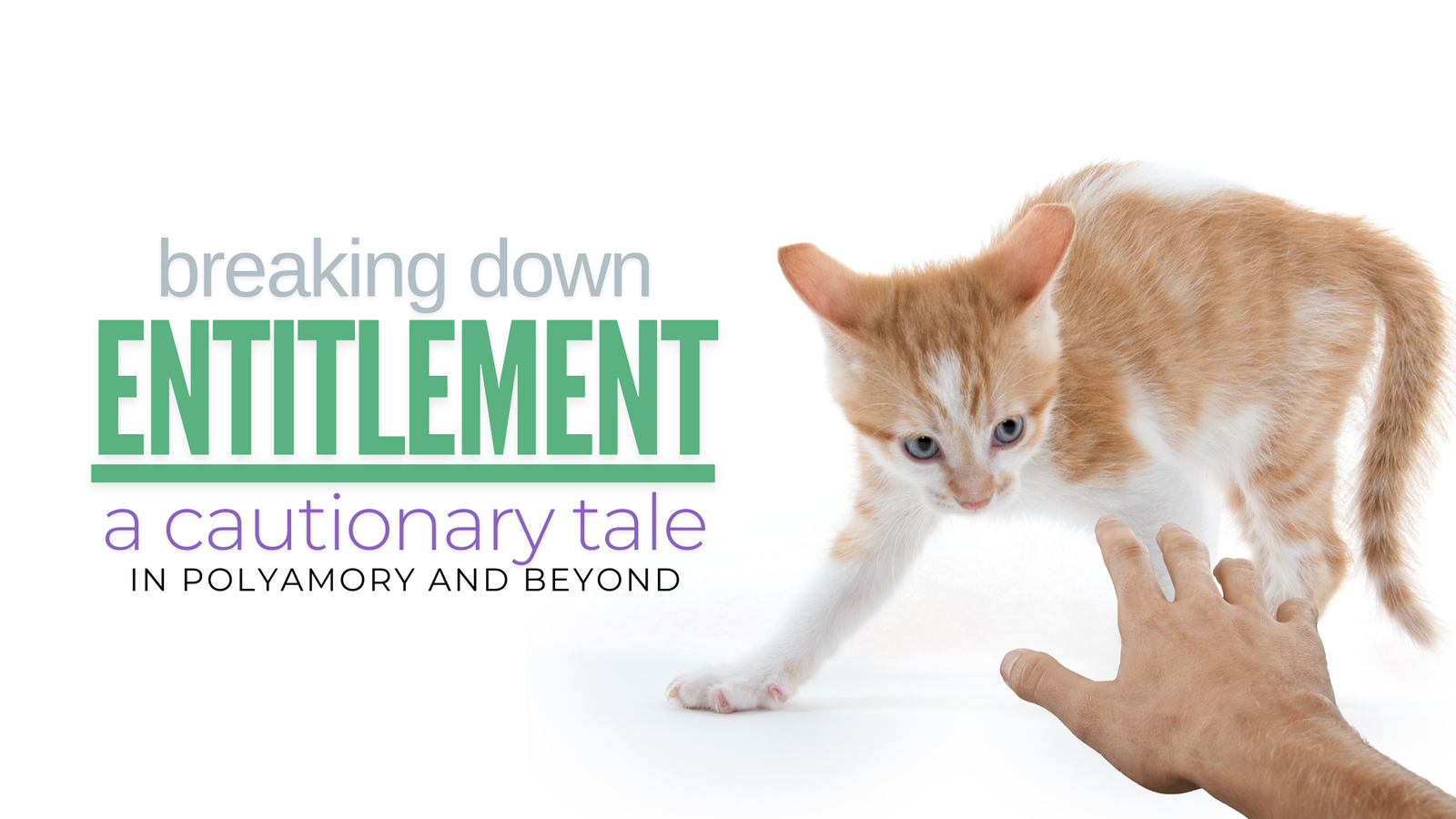
In any community, we encounter a range of opinions and beliefs—some enlightening, some uplifting, and some problematic. Occasionally, a thread surfaces that highlights an underlying issue many of us grapple with yet rarely discuss openly: entitlement, particularly when it intersects with romantic or social dynamics.
A recent conversation thread on our page serves as a stark reminder of how entitlement can play out and negatively impact interactions. While it would be easy to dismiss a single viewpoint as one individual’s opinion, the truth is that these perspectives often reflect broader cultural assumptions and norms that can seep into our relationships and communities, influencing how we view others’ boundaries, autonomy, and right to choose.
The Issue with “If Not Then, When?”
One thread participant shared an anecdote where a woman, approached at the gym by a man who wanted to ask her out, declined. The storyteller implied she should have said yes because he saw her at her “worst” and was still interested. This logic is troubling for a few reasons:
- Presuming Ownership Over Others’ Time and Attention
Being approached at the gym, or any other setting where one is clearly occupied, underscores a disconnect with understanding boundaries. The assumption that one’s interest or attraction entitles them to act upon it—without regard for the other person’s context, comfort, or willingness—can create an uncomfortable and unsafe environment. Public spaces are not necessarily social spaces, and simply because two people are in the same place does not mean an interaction is warranted or welcomed. - The Demand for “Gentle” Rejection
Another sentiment echoed in this conversation was the belief that rejections should be “gentle” so as not to “crush someone’s spirit.” While kindness is important, prioritizing the comfort of the person making an unwanted approach over the comfort of the individual being approached sends a problematic message: that the feelings of the person initiating the interaction are more valid than the boundaries of the person on the receiving end. - The Illusion of Entitlement
In many social contexts, people may feel entitled to others’ attention simply because they desire it. This belief is particularly damaging in communities like polyamory, where autonomy, respect, and clear communication are crucial. An interaction should be mutually desired and entered into freely, not coerced through guilt or expectation.
Understanding the “Kindness vs. Niceness” Dilemma
A fellow community member pointed out that sometimes being “kind” doesn’t mean being “nice.” This distinction is essential. True kindness respects both parties’ time, effort, and emotional energy. “Niceness” often prioritizes avoiding confrontation, but at the expense of honesty and authenticity. Saying yes to spare someone’s feelings can be more harmful in the long run, setting up false expectations and ultimately leading to frustration, hurt, and misunderstanding.
In polyamory, where many of us navigate multiple relationships, understanding and respecting boundaries is foundational. Clear communication and mutual consent must be paramount. Entitlement, on the other hand, assumes that someone else’s interest alone should be reason enough to agree to a date or engage in a conversation, regardless of personal comfort or desire.
Moving Toward Respectful Interactions
Healthy communities, particularly those like ours that revolve around open relationships, thrive on a respect for boundaries and autonomy. Here’s what we can all keep in mind:
- Assess the Context: Before engaging, consider whether the setting is appropriate for an advance. Places where people focus on personal tasks (gyms, grocery stores, or public transit) may not be suitable for initiating romantic or social overtures.
- Value Boundaries Over Ego: Respecting someone’s “no” without pushing for explanations or suggesting they “owe” you a chance goes a long way in creating safe spaces.
- Check Your Own Entitlement: Reflect on whether you’re entering interactions with expectations of reciprocation, and remember that no one is obligated to return interest, attention, or even a smile.
Entitlement is a pervasive issue that surfaces in many forms, from dating expectations to everyday interactions. By examining and challenging these behaviors, we foster a community that values consent, respect, and genuine connection—where people can feel secure, seen, and supported in their choices.
Let this be a reminder to all of us that attraction does not entitle anyone to another’s time or energy. We create safer spaces when we replace entitlement with empathy and strive to treat one another with respect and understanding.

Gayle